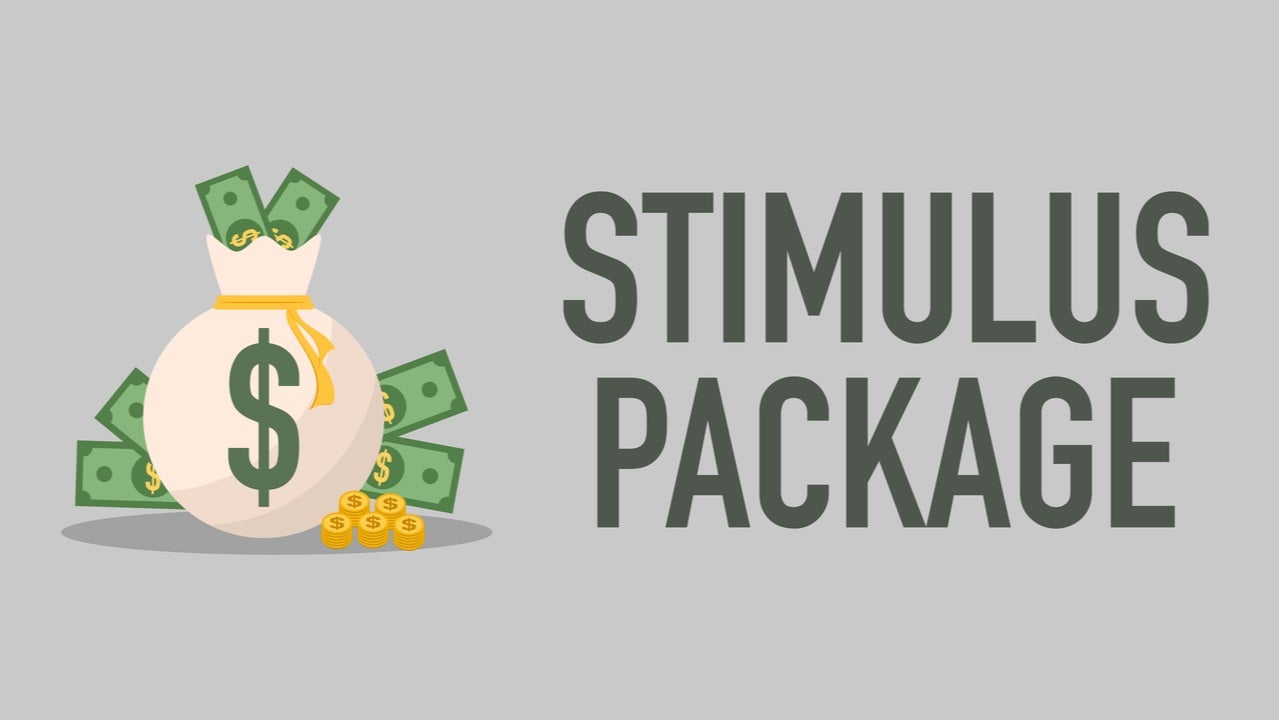The long discussions between the Republicans and Democrats on the next round of stimulus ended abruptly without hopes for additional aid for businesses and households. In the absence of stimulus, the recovery of the US economy is expected to remain slow. Macroeconomic influencers share their views on the Covid-19 impact.
Claudia Sahm
Claudia Sahm, a policy analyst, shared an article on the comments made by Federal Reserve chair, Jerome H. Powell, after US President Donald Trump abruptly called off stimulus talks ending hopes for providing additional aid for people affected by the pandemic.
Powell noted that lack of support could lead to a weak recovery and cause hardship for both households and businesses. He noted that the risks of overdoing stimulus are smaller in comparison to the damage that lack of support will cause including household insolvencies and business bankruptcies.
Powell also noted that prolonged recovery will lead to increased job losses and economic disparity as low income groups, people of colour and women were most likely to be affected. He opined that recovery will be stronger if monetary policy and fiscal policy work together.
This lede: Fed Chair Powell "delivered a blunt message to Congress & the WH on Tuesday: Faced with a once-in-a-century pandemic that has inflicted economic pain on millions of households, go big. Hours later, @POTUS delivered his own message: Forget it" https://t.co/MAKCeAImDV
— Emily Flitter (@FlitterOnFraud) October 6, 2020
 GlobalData Strategic Intelligence
GlobalData Strategic IntelligenceUS Tariffs are shifting - will you react or anticipate?
Don’t let policy changes catch you off guard. Stay proactive with real-time data and expert analysis.
By GlobalData
Daniel Lacalle
Daniel Lacalle, chief economist at Tressis SV, shared an article on how furloughed jobs are not providing the true picture of unemployment rate in the euro zone. According to Eurostat, the unemployment rate increased to 7.4% in the US in August, while in the euro area it was 8.1%.
The US does not have a subsidised unemployment scheme and if the same calculations used for the US are applied to the euro zone, the unemployment rate in the latter would be higher at 11%. The Organisation for Economic Co-operation and Development (OECD) estimates that the unemployment rate in the euro zone will increase above 10% after the furlough schemes end.
The furlough job schemes were introduced to protect jobs, while businesses recovered from the impact of the pandemic. Several of the companies that signed up for the furlough scheme, however, are on the verge of bankruptcy. The article noted that furlough schemes will only work if strong policies are implemented to protect businesses.
Furloughed job schemes only work as a temporary measure if strong policies to strengthen the private economy are implemented at the same time. Unfortunately, many governments in Europe have only used these programs to “hide” unemployment.
Find out more:https://t.co/Fdje5SVy3x
— Daniel Lacalle (@dlacalle_IA) October 6, 2020
Richard Price
Richard Price, chief economist at UK Department for International Trade, shared an article on how world trade is showing signs of recovery although this recovery may be impacted by the changes in the pandemic. The World Trade Organization (WTO) has revised its forecast for the volume of world merchandise trade in 2020 to fall by 9.2% from the previous forecast of 12.9%.
The recovery of world trade was attributed to the surge in activity in June and July, after lockdowns were eased. The WTO noted that the pace of recovery may slow down once the pent up demand is cleared and business inventories are replenished.
The volume of world merchandise trade in 2021 is expected to increase by 7.2% in 2021. The WTO also noted that these estimates are subject to change and may be impacted by how the pandemic is evolving and the corresponding government responses.
BREAKING: World trade shows signs of bouncing back from a #COVID19 induced slump but WTO economists caution that any recovery could still be disrupted. The latest #WTOForecast is here: https://t.co/NTFPBfVIPA pic.twitter.com/eSVwFjqkzx
— WTO (@wto) October 6, 2020
Luis Garicano
Luis Garicano, an economist and Member of the European Parliament, shared an article on how central banks of various countries face the difficult task of containing inflationary pressures and maintaining financial stability as government debt rises amid the pandemic.
The general government debt as a share of GDP will rise from 71% in 2007 to 132% in 2020, according to the International Monetary Fund (IMF). The article noted that such a huge increase in government debt is likely to impact the inflation fighting capabilities of central banks.
Experts and economists, however, note that central banks are well equipped to handle the increase in government debt with tools such as interest on reserves and reverse repos.
https://twitter.com/lugaricano/status/1313576047359799301




